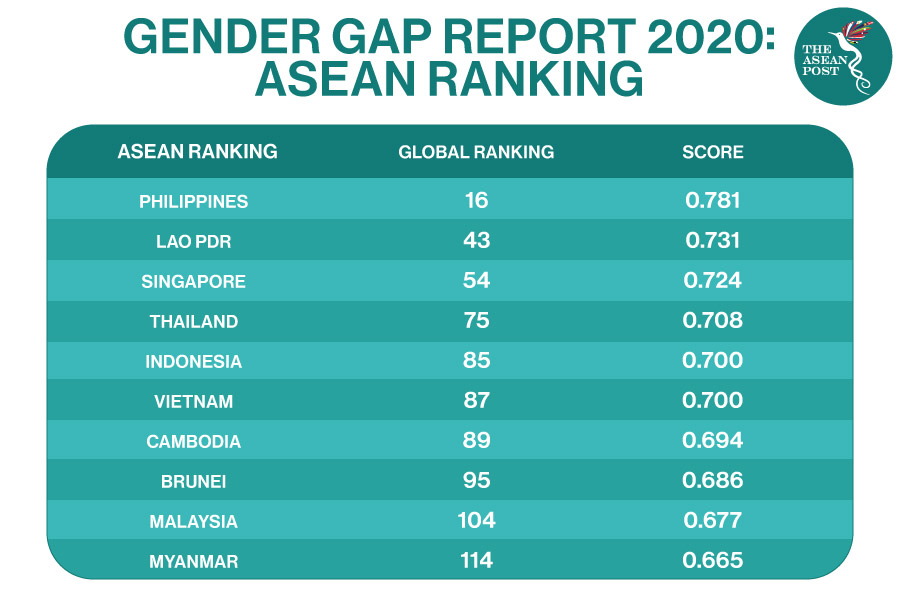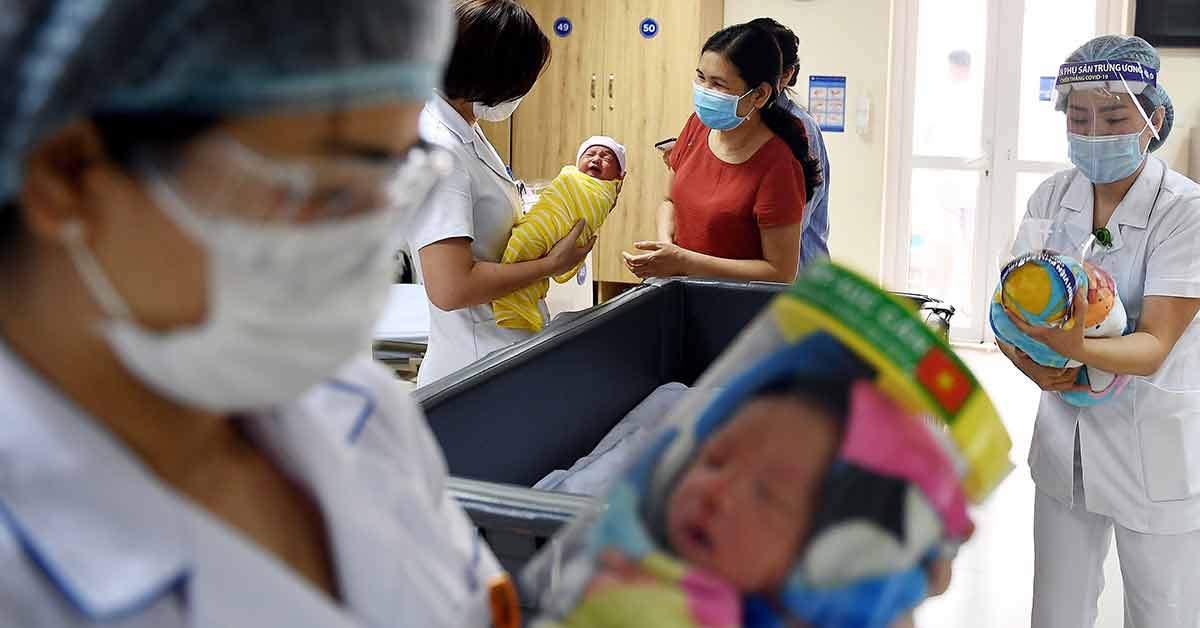Many societies around the world are patriarchal, or patrilineal and patrilocal. According to a policy research paper published by the World Bank, some studies of ‘son preference’ sometimes cite patriarchy as an explanation for gender-biased sex selection.
“The tradition of patrilineal inheritance in many societies coupled with a reliance on boys to provide economic support, to ensure security in old age and to perform death rites are part of a set of social norms that place greater value on sons than daughters,” stated the World Health Organisation (WHO) in its report titled, ‘Preventing gender-biased sex selection’.
Son preference is nothing new. Unfortunately, even in this modern age, it is still on the rise. This is concerning as it reflects the persistent low status of women and girls. It perpetuates discrimination and violation of women’s rights. The resulting gender imbalance has a damaging effect on societies such as increased sexual violence and human trafficking, which have been linked to the phenomenon, said the United Nations Population Fund (UNFPA).
It is estimated that around 126 million women are believed to be “missing” around the world as a result of son preference and gender-biased sex selection.
Gender-biased sex selection is defined by the UNFPA as the termination of a pregnancy when the foetus is determined to be female, or preimplantation sex determination and selection, or “sperm sorting” for in-vitro fertilisation.
Nevertheless, according to the WHO, “sex selection can take place before a pregnancy is established, during pregnancy through prenatal sex detection and selective abortion, or following birth through infanticide or child neglect.”
Since the 1990s, some areas have seen up to 25 percent more male births than female births. The WHO stated that the biologically normal sex ratio at birth ranges from 102 to 106 males per 100 females. However, ratios higher than normal have been observed in some Asian countries. ASEAN member state Vietnam, which has shown improvement in gender equality over the years is no exception.
Imbalance SRB
According to Vietnamese media, gender-biased sex selection remains persistent and is the main reason of an imbalance in the sex ratio at birth (SRB) in the country.
The skewed SRB in the ASEAN member state was first observed in 2004, and since then, the imbalance towards more boys has increased tremendously. In 2019, it was reported that the SRB in Vietnam reached 111.5 boys per 100 girls, as opposed to the biologically normal SRB recommended by the WHO.
“Sex selection in favour of boys is a symptom of pervasive social, cultural, political and economic injustices against women, and a manifest violation of women’s human rights,” said the UNFPA, WHO, UN Women and other United Nations (UN) agencies in a joint statement.
“When boys are valued more highly than girls, pressure to have a son is intense. The preference for sons over daughters may be so pronounced that couples will go to great lengths to avoid giving birth to a girl or will fail to care for the health and well-being of a daughter they already have in favour of their son,” noted the UNFPA in its recent report titled, ‘State of World 2020’.

It was reported that in Vietnam, 40,800 female births are estimated to be missing every year, as shown in the unbalanced SRB.
Phạm Ngọc Tiến, director of the Gender Equality Department under the Ministry of Labour, Invalids and Social Affairs recently announced that one of the goals of the National Strategy on Gender Equality for 2021-2030 (which is still being developed for approval by the country’s premier) is to bring Vietnam’s SRB to the natural balance.
“We must put an end to son preference and the undervaluing of girls in our efforts to promote gender equality in the country. Vietnam is making progress, but the progress must be accelerated within the context of the Decade of Action for Sustainable Development Goals,” said Naomi Kitahara, the UNFPA Representative in Vietnam.
“In this regard, men have a special role to play. I call on Vietnamese men to raise the value of girls and demand equal treatment and equal rights. In particular, we need men and boys to support this effort,” she added.
Related Articles:
